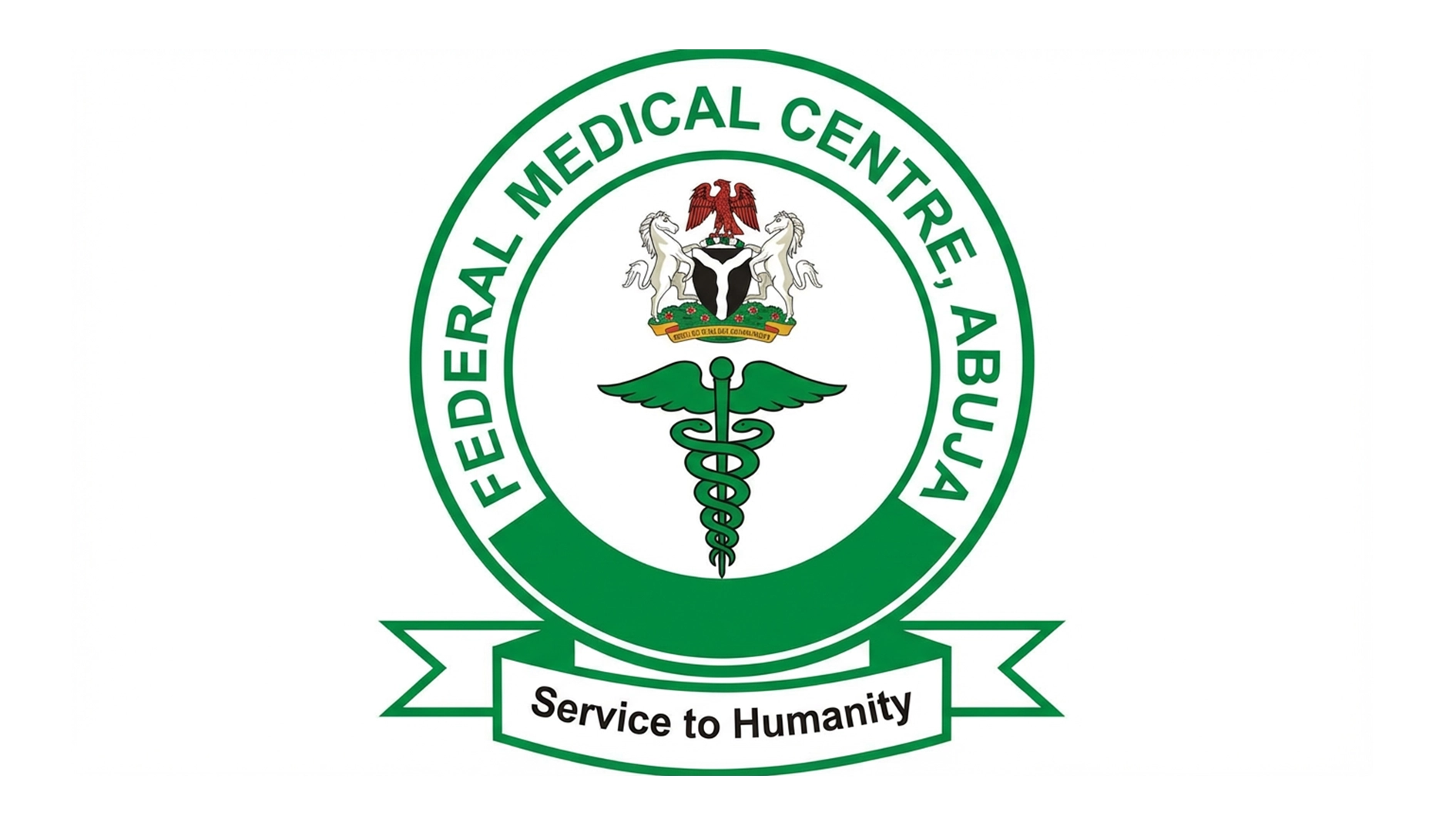
He noted that accurate and reliable laboratory diagnostics are the cornerstone of modern medicine as they enable early detection of diseases, guide appropriate treatment decisions, and contribute significantly to improving patient outcomes.
Speaking at the presentation of the International Standardisation Organisation (ISO) certificate to eight medical laboratories and teaching hospitals in Abuja, Salako observed that the government is prioritising medical laboratory science to ensure Nigerians have access to qualitative diagnosis to help the country achieve global excellence in health care delivery.
He noted that one of his priority agendas is to confront quackery not only in medical laboratory practice but generally in health care practice with the support of law enforcement agencies.
Salako tasked the MLSCN to continue to strive for excellence, embrace innovation, and remain at the forefront of the advancement of medical laboratory science in the country.
The minister stated that by adhering to the standards set by ISO, the MLSCN has not only elevated the quality of laboratory services being performed but has also ensured that the results generated by Nigerian laboratories are internationally recognised and accepted.
He stressed that this achievement has far-reaching implications for patient care, public health, and the overall development of the healthcare sector.
Salako stated that the ISO reaccreditation of the National External Quality Assessment Laboratory will enhance the quality and reliability of laboratory results, lead to better patient care, reduce treatment errors, and improve public health outcomes.
Earlier, MLSCN Registrar, Dr Tosan Irabor, said that the council has administered an External Quality Assurance Proficiency Test (EQA/PT) scheme to over 2,000 laboratories nationwide in combating Nigeria’s most pressing health challenges, including tuberculosis, malaria, HIV/AIDS and other diseases.
He noted that EQA ensures that laboratories remain aligned with global standards, thereby safeguarding the health of the Nigerian population, adding that the accreditation in external quality assurance signifies a pivotal moment in the journey towards achieving global excellence in Medical Laboratory Science in Nigeria.
Irabor explained that Chukwuemeka Odumegwu Ojukwu University Teaching Hospital, Polymerase Chain Reaction/Anti-Retro Viral Therapy Laboratory and Nigeria Centre for Disease Control and Prevention’s National Reference Laboratory was accredited in accordance with the recognised ISO 15189:2012.
While Ahmadu Bello Teaching Hospital, Federal Teaching Hospital Gombe and Rivers State University Teaching Hospital, Medical Laboratory Testing Molecular Diagnostics was accredited in accordance with the recognised ISO 15189 2012.
He added that the 68 Nigerian Army Medical Laboratory Testing Chemical Pathology, Haematology, Microbiology, Parasitology, Immunology, Serology, and Molecular Diagnostics were accredited to ISO 15189:2012.
Also, Bwari General Hospital Laboratory and Everight Diagnostics and Laboratory Services Limited were accredited in accordance with the recognised ISO 15189.2022.
He appealed to all medical laboratory practitioners to embrace accreditation as a means of demonstrating their technical competence in line with the Health Sector Renewal Initiative and support of the achievement of the Federal Ministry of Health’s Four Point Agenda, particularly on improved regulation, local manufacturing of health commodities, diagnostics, research and development
Irabor noted that despite the evident benefits of EQA/PT, participation of public and private laboratories remains poor and inconsistent, which undermines the integrity of Nigeria’s diagnostics system and exposes the healthcare system to vulnerability.
The registrar called on the Minister of State for Health to make a decisive government pronouncement mandating all government and private hospitals, and private laboratories, to key into MLSCN Accreditation Service and EQA/PT Scheme to ensure that every laboratory in Nigeria adheres to the rigorous standards.






